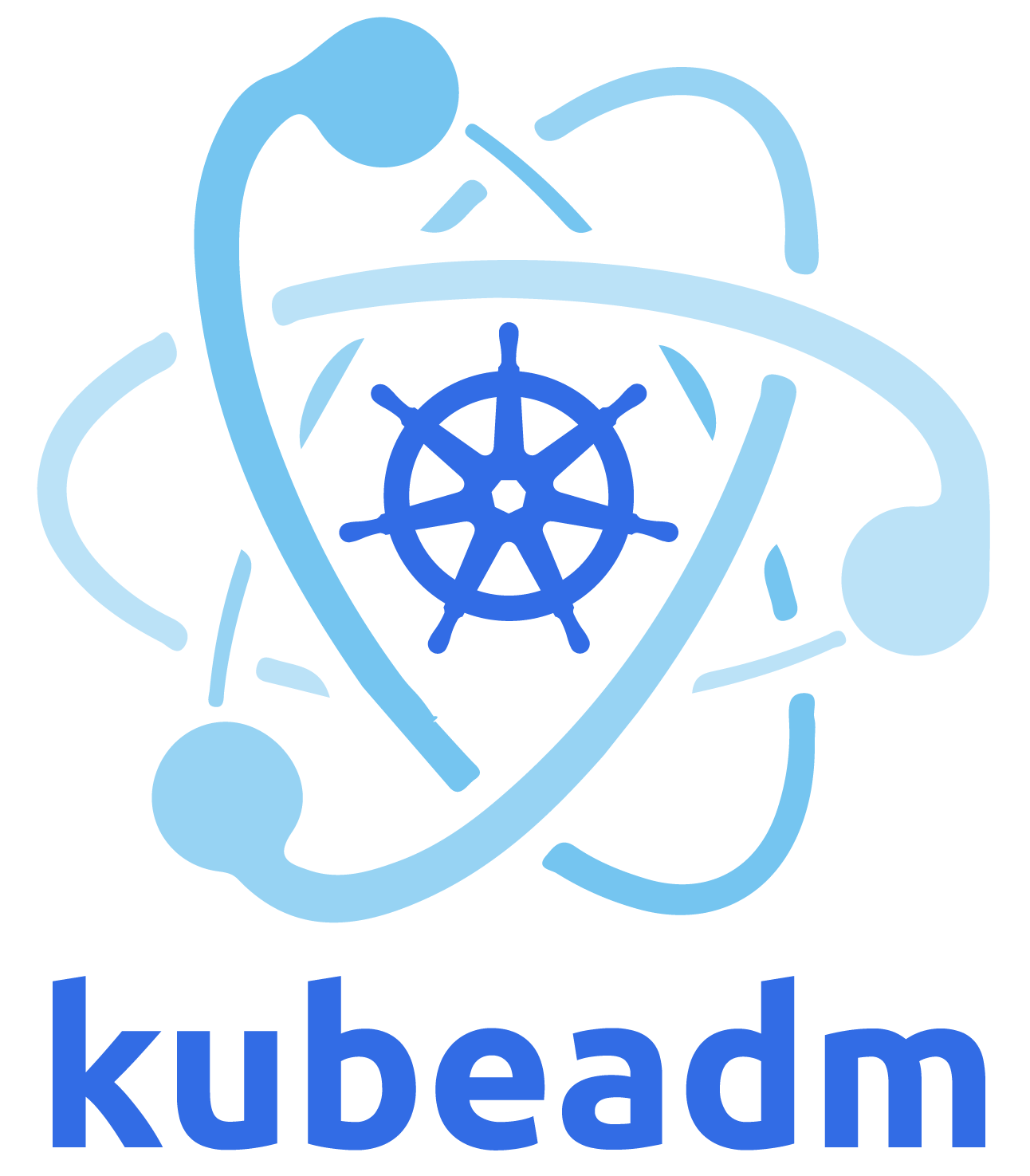You are viewing documentation for Kubernetes version: v1.20
Kubernetes v1.20 documentation is no longer actively maintained. The version you are currently viewing is a static snapshot. For up-to-date documentation, see the latest version.
Kubeadm
 Kubeadm is a tool built to provide
Kubeadm is a tool built to provide kubeadm init and kubeadm join as best-practice "fast paths" for creating Kubernetes clusters.
kubeadm performs the actions necessary to get a minimum viable cluster up and running. By design, it cares only about bootstrapping, not about provisioning machines. Likewise, installing various nice-to-have addons, like the Kubernetes Dashboard, monitoring solutions, and cloud-specific addons, is not in scope.
Instead, we expect higher-level and more tailored tooling to be built on top of kubeadm, and ideally, using kubeadm as the basis of all deployments will make it easier to create conformant clusters.
How to install
To install kubeadm, see the installation guide.
What's next
- kubeadm init to bootstrap a Kubernetes control-plane node
- kubeadm join to bootstrap a Kubernetes worker node and join it to the cluster
- kubeadm upgrade to upgrade a Kubernetes cluster to a newer version
- kubeadm config if you initialized your cluster using kubeadm v1.7.x or lower, to configure your cluster for
kubeadm upgrade - kubeadm token to manage tokens for
kubeadm join - kubeadm reset to revert any changes made to this host by
kubeadm initorkubeadm join - kubeadm version to print the kubeadm version
- kubeadm alpha to preview a set of features made available for gathering feedback from the community